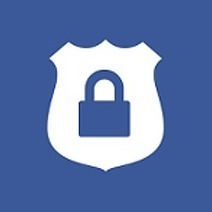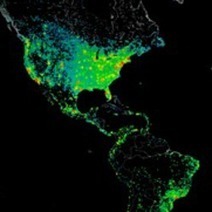Losing access to your Facebook account is a big deal, especially if you use it to generate business as well as to keep up with your friends.
Getting control back over "lost" online accounts can be an even bigger deal.
It's not as though you went into a branch of Facebook, or Google, or Microsoft, and established your identity in a reliable and repeatable way when you opened your account.
And there's no-one at the branch you've never been to who would recognise you with certainty by your appearance, voice and mannerisms.
So you're stuck with unreliable methods, such as knowing the answer to various "security" questions, or sending in a scanned copy of a driving licence.
Neither of those approaches to account recovery are appealing from a security point of view, or terribly convincing as identification.
But what if there were someone who could speak up for you to the Facebooks of the world, and that you would trust to speak up for you because you selected them for that job in the first place?



 Your new post is loading...
Your new post is loading...




















